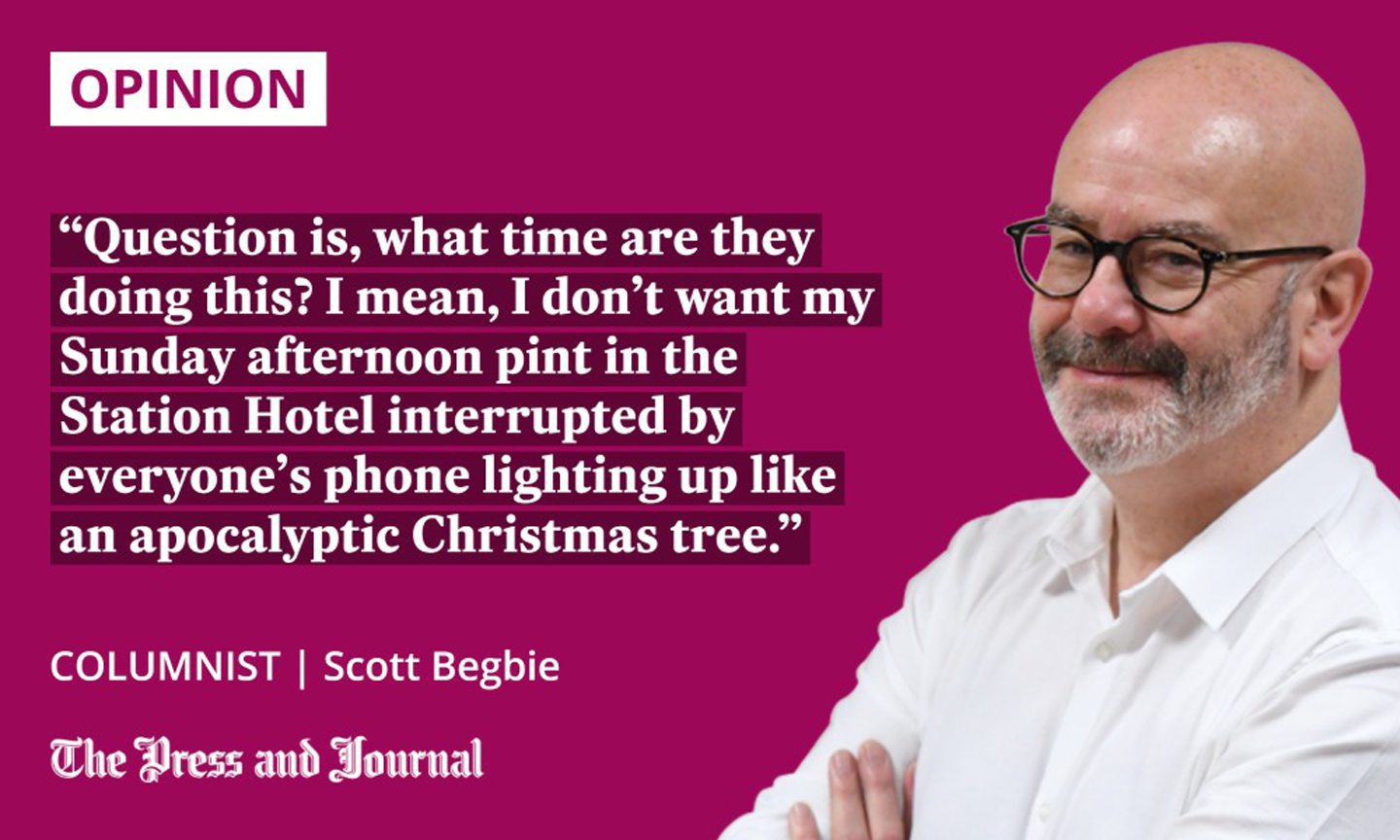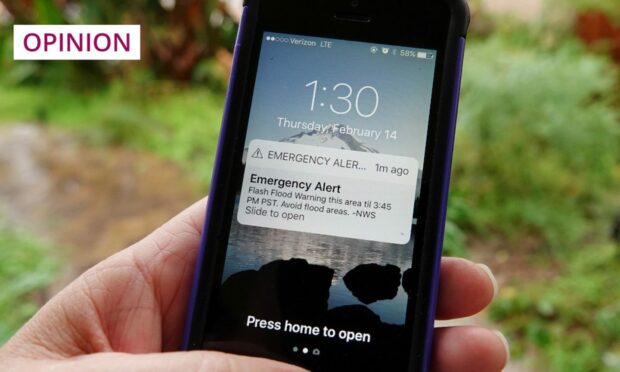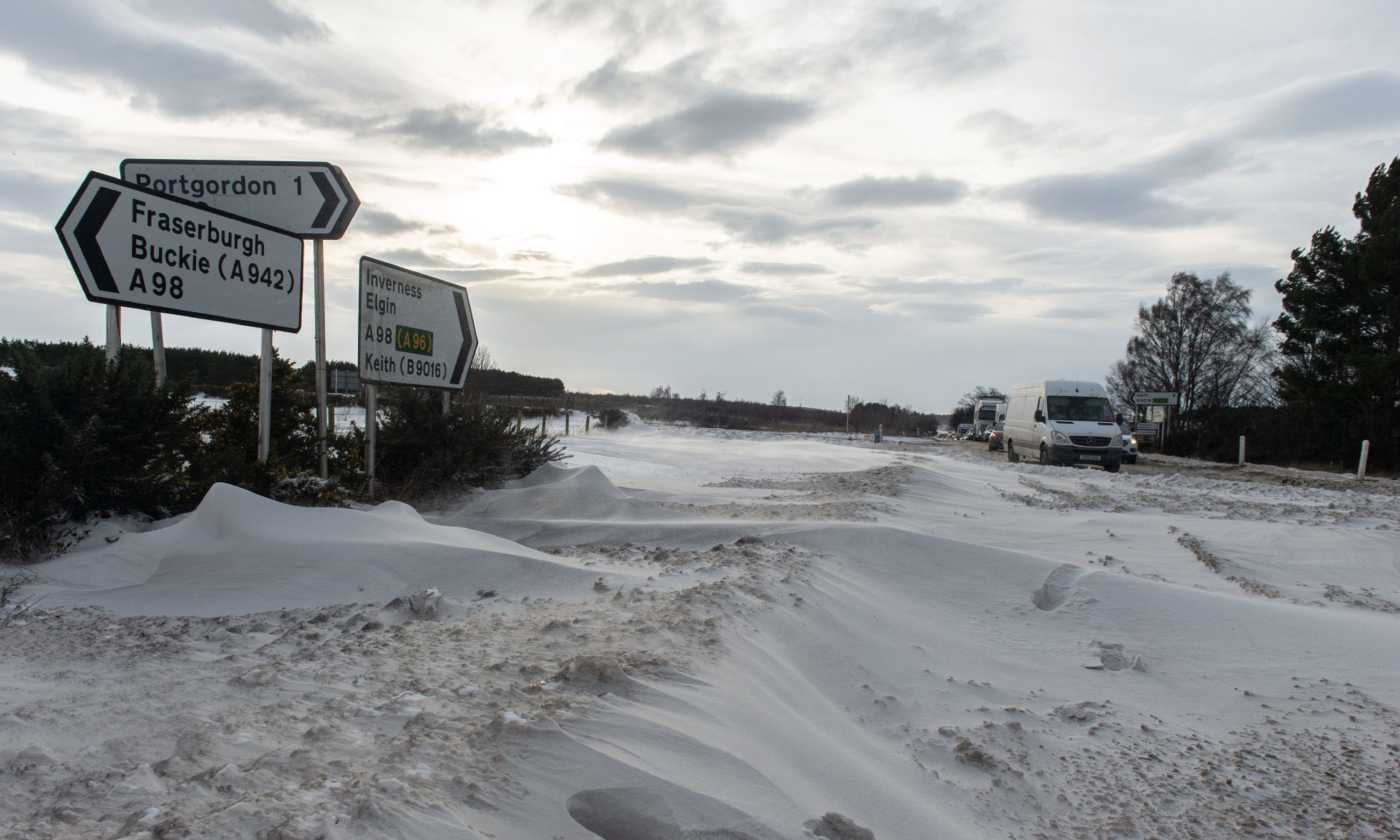A UK-wide emergency alert system has the potential to be a lifesaver and is long overdue, writes Scott Begbie.
As a child of the Cold War, I’m painfully familiar with the concept of the four-minute warning – so I’m intrigued to see how it’s going to be updated for the mobile phone era.
You see, the powers that be are bringing in a UK-wide emergency alert system that will set off siren-like beeps and vibrations on everyone’s phone to warn them of imminent catastrophe. They’re testing it on all of us next month.
But, back in my young days of the 1980s, we had actual sirens that would wail in the event of a nuclear strike being launched by the dastardly Soviets. It was called the four-minute warning because that was roughly how long you had between hearing the alert and being vaporised in a thermonuclear blast hotter than the heart of the sun – if you were lucky.
If you were unlucky, you lingered on in a post-apocalyptic hellscape, fighting the scurries for the remnants of leftover kebabs in bins.

I tell you, we did fear and dread a lot better when Frankie Goes To Hollywood dominated the chart.
On one occasion when I lived in Edinburgh years ago, the four-minute warning actually went off, but purely by accident. The irony was, I missed it completely because I was drying my hair with a noisy hairdryer at the time.
I only realised I should have been kissing my rear end goodbye when I stopped to put some gel on. If you are going to face your maker, you might as well look good.
Hopefully, though, I won’t miss any emergency alerts on the mobile network – what with flashing texts and beeps that override the silent settings on your phone. I suppose we will find out for sure on April 23, when there’s a nationwide test of the system.
Warning system is long overdue
Question is, what time are they doing this? I mean, I don’t want my Sunday afternoon pint in the Station Hotel interrupted by everyone’s phone lighting up like an apocalyptic Christmas tree. And they had better not dare interrupt Antiques Roadshow.
Sorry, after 9pm isn’t good for me either. Anyone trying to contact me at that time of night is either rude or telling me another aunt has shuffled off this mortal coil.
I’m also intrigued by what level of threat is deemed so dire that everyone needs to know at once and be told what action to take.
Sure, the authorities are saying severe flooding, fires or extreme weather. But, would they also warn us of threats to our wellbeing, like the possibility of the Tories winning another election because people have taken leave of their senses? “Quick, boys – to the polls!”
Seriously, though, a warning system like this does have the potential to be a lifesaver and is long overdue. Especially in this day and age, when threats don’t just come from natural disasters, but from the risk of extremists and nutbars launching terrorist attacks.
And, given the insanity reigning in the Kremlin, it might even truly become our new four-minute warning – God forbid we ever sink that far back into the mire.
Let’s just hope that the emergency alert test on April 23 is the first and last time we hear from this necessary evil.
Scott Begbie is a long-time journalist and editor for The Press & Journal and Evening Express


Conversation